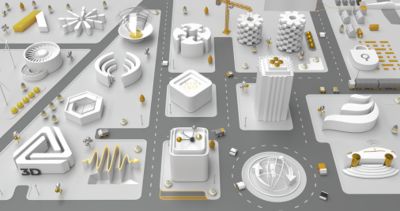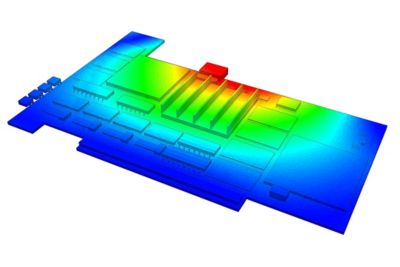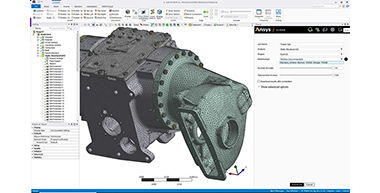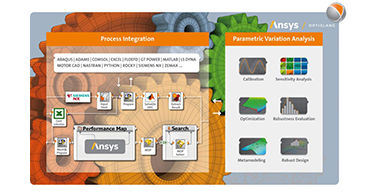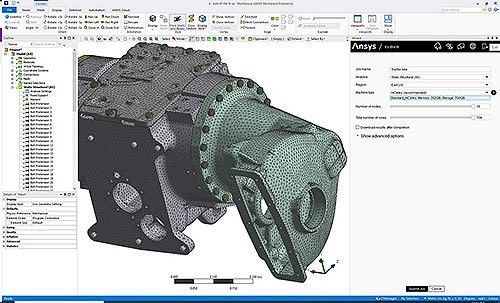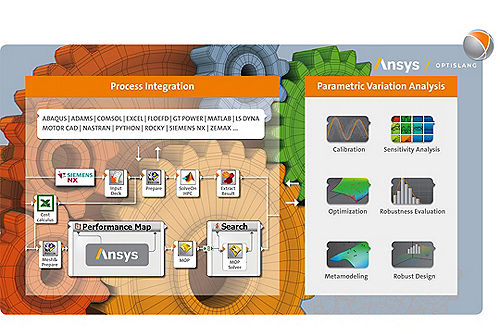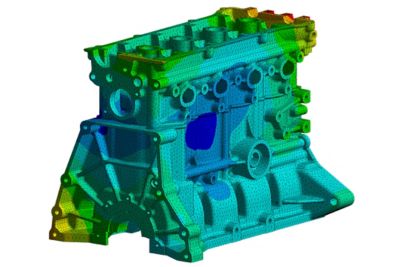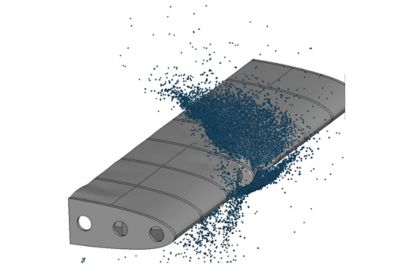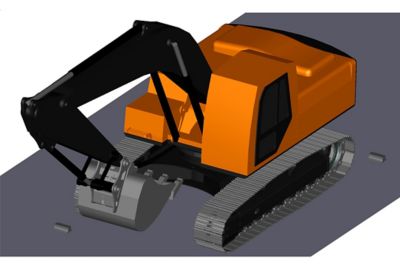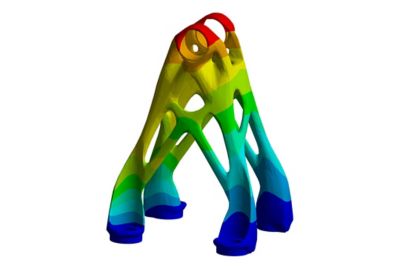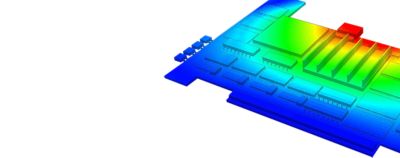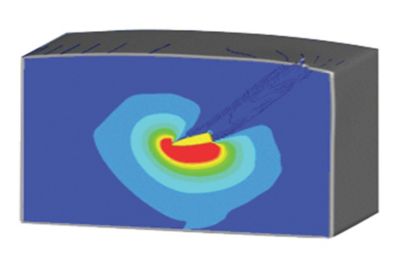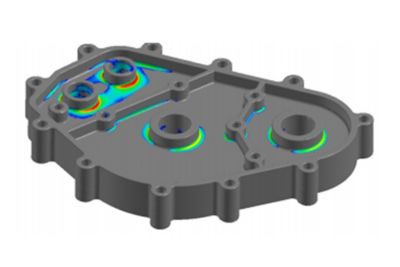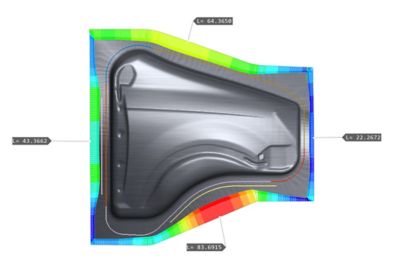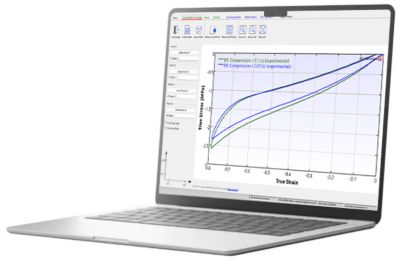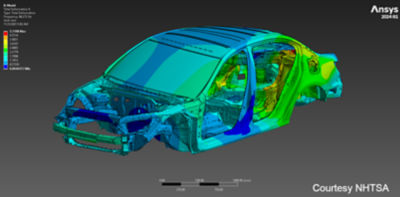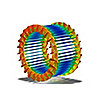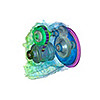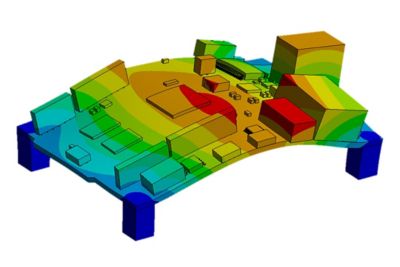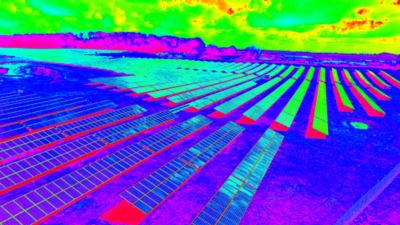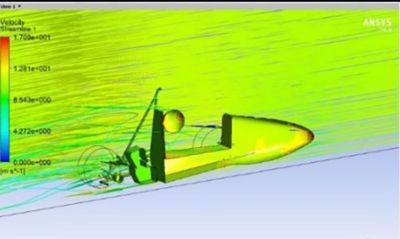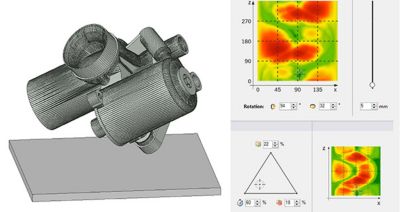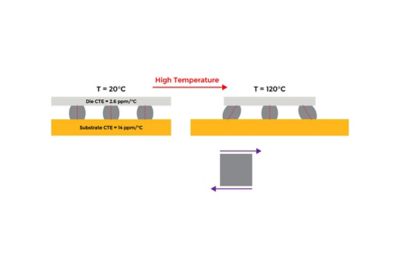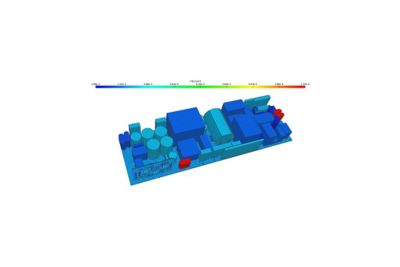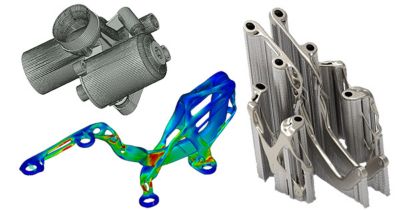One-Stop-Shop: Ansys continues solidifying its position as the ultimate solution hub for engineers, offering a wide range of powerful solvers under one roof. This release highlights significant advancements in our Noise Vibration and Harshness (NVH) capabilities with the toolkit now including:
- Frequency Response Function (FRF) calculator
- Transfer Path Analysis (TPA) calculator
- XML Converter for EM loads
Advanced Simulation Capabilities: Building on our 50+ years of investment in research and development, Ansys continues to lead in the structural mechanics market with additional new features, including:
- Fluid Penetration Pressure load
- Expanded multiphysics capabilities with LS-DYNA solvers for high-frequency acoustics and EM-thermal-structural workflows
- Resource Prediction supports harmonic response and nonlinear static structural analysis
Interoperability Advantage: Deep integration with other engineering software tools and platforms enhances our customers' workflows by streamlining data import and improving accuracy. New in this release:
- Support for importing models from ABAQUS and LS-DYNA
- Improved data import functionality from Rocky that automates the configuration of convection and force load









